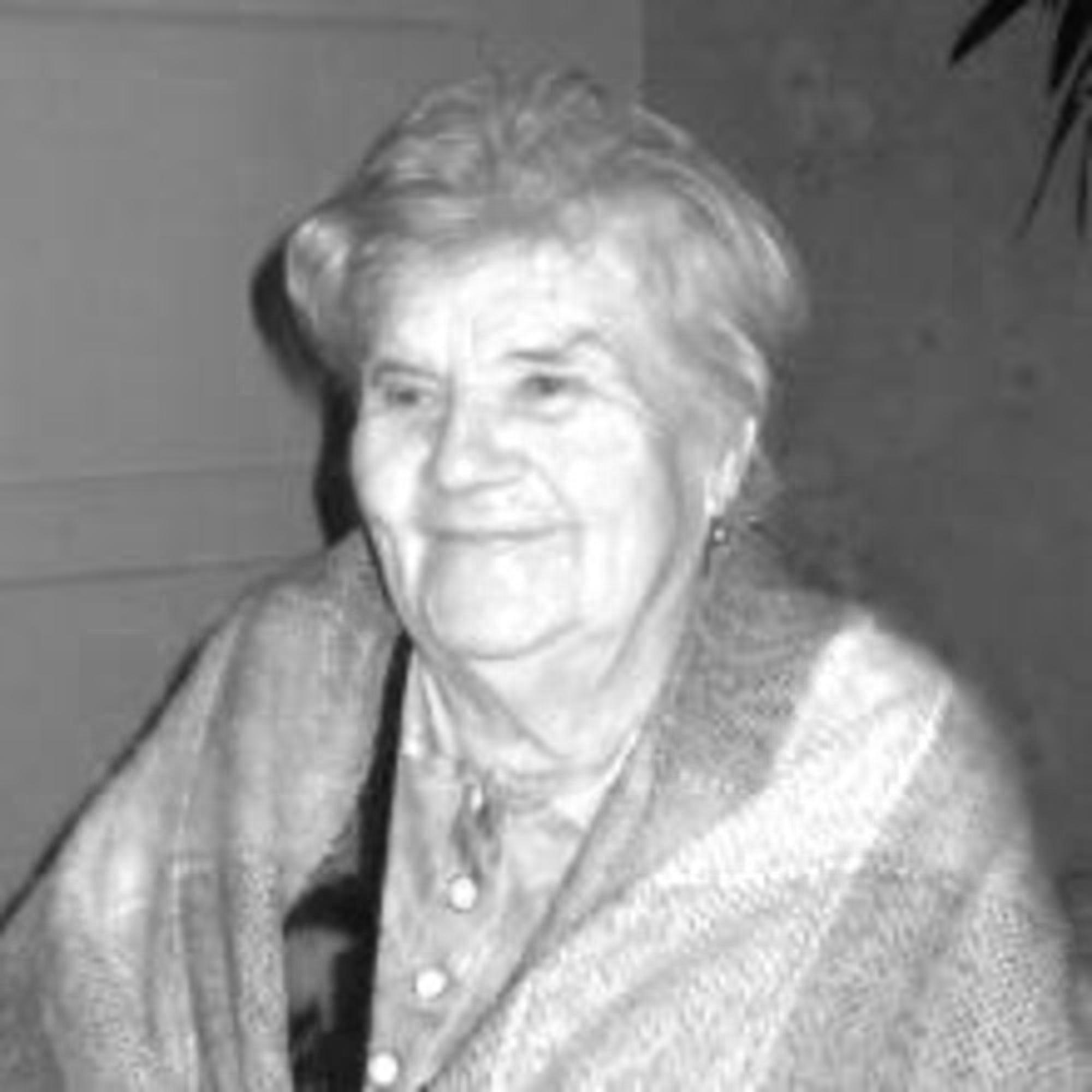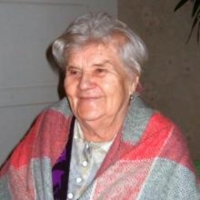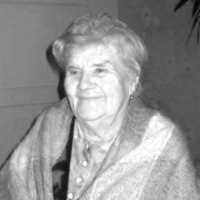I came to Krzyż only in 1945 when the war was already over and it was all quiet here, there was no one around

Stáhnout obrázek
Born in Świerkówki near Oborniki on 12 June 1918. Her father was a bailiff on Count Żółtowski’s estate; her family lived in an annexe to the palace, first in Świerkówki, then in Wargowo. Anna Marcinkowska went to a primary school in Ocieszynek and Wargowo, she was in the scouts. After the seventh form she was on training at a boarding house run by nuns in Poznań and, then, started working at a cake shop in Św. Marcina Street. She got married in 1937. During World War II she lived and worked in Poznań, where she was employed in a German sewing room which sewed and repaired uniforms for the Wermacht. After the war Anna Marcinkowska’s husband got a job on the railway in Krzyż. Anna Marcinkowska moved to Krzyż together with her daughters in May 1945. First, she worked at the „Praktyczna Pani“ tailor’s shop and, then, as a tailor on her own.

